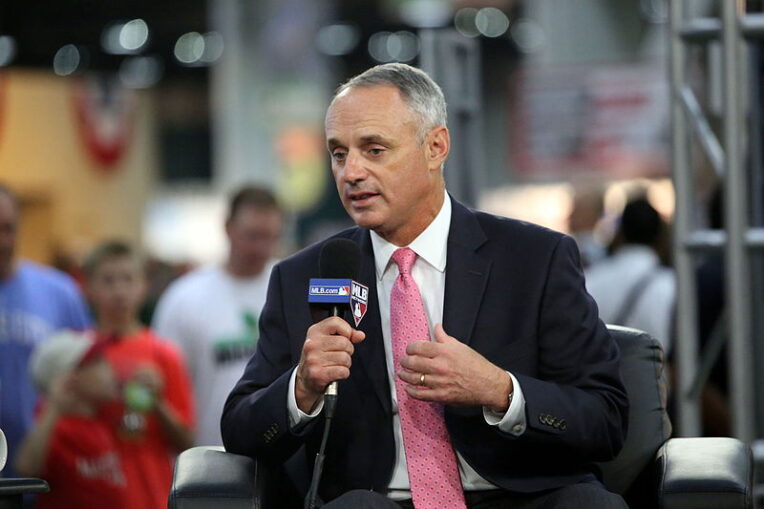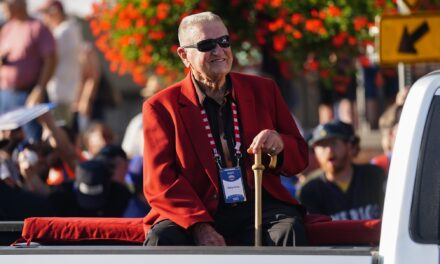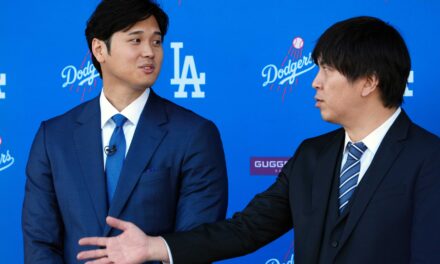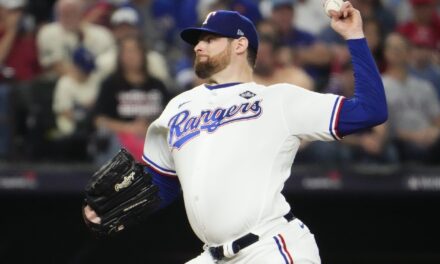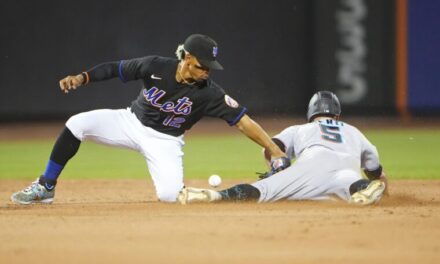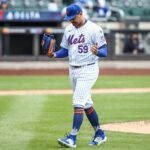
Don’t get me wrong. I’m as happy as any sports fan in America that baseball will be back in a month.
Since I was eight years old, watching Tom Seaver and the Mets stun the Orioles in the World Series, baseball has had, and always will have a special place in my heart.
Call me a purist, but baseball has me hooked, especially to the team whose guys wear the blue and orange uniforms.
Then, in 1986, a miracle struck again, this time against the Red Sox in game 6 as the Mets went on to win their second championship.
And, yes along the way, there has been some heartbreak as well — part and parcel of being a Mets fan.
But through it all, baseball was baseball — the one constant you could depend upon each summer with no time limits, nine men in the field, and those same nine men coming to bat.
That’s why I was compelled to write this. The baseball I know and love will not be returning in July, rather a bastardized version of the most perfectly constructed game there is.
Specifically, two rules have come along that will be instituted in 2020 which will impact baseball tremendously — the designated hitter in the National League and the extra innings rule that starts each half-inning with a runner on second.
Now before arguments can me made for or against, I understand this season of 60 games is a unique one.
In the shadow of the Covid-19 pandemic and the unknowns that abound, some feel that it’s nearly a miracle we have baseball at all, in any form.
Others, worried about the health of the players and a potential second wave of the virus, want the season cancelled until a full 162 game season can be played hopefully in 2021.
As a physician myself, I applaud baseball’s efforts in providing as safe a working environment as possible.
In their over 100-page book on safety-protocol, MLB has gone through exhaustive lengths to try to protect the fans, players, employees, and all those intimately connected with baseball from contamination.
I hope it’s enough.
The two new rules were designed, ostensibly, to speed up the game and to limit contact as much as possible. The DH certainly protects the pitcher as well.
Since the DH is the lesser of the two evils, let’s start there.
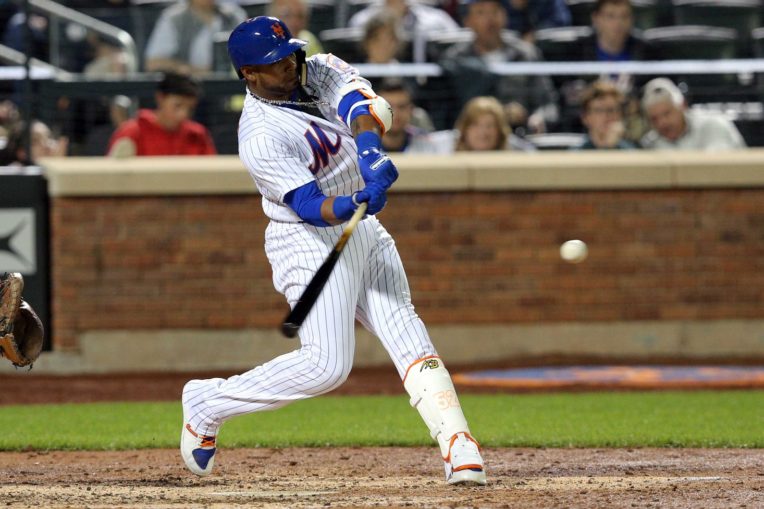
1) Universal DH
The designated hitter is not new. It was adopted by the American League in 1973 and it spans most levels of baseball from high school on up.
It has prolonged and even enhanced the careers of some (David Ortiz and Edgar Martinez come to mind) while leaving the pitcher on the bench and not at the plate.
The National League has resisted the DH for just short of 50 years to preserve the essence of baseball, meaning the same nine men on the field, also bat.
There have been other issues the NL has had to face, but their stubborn refusal to accede to the wishes of some and make the DH universal has been stark.
That will end in July 2020. It may or may not be around in 2021, but it certainly could make a permanent return after the 2021 season in a new collectively bargained agreement.
It will change managerial strategy in the National League. Hall of Fame manager Tony La Russa, who won World Series in both leagues, was asked by USA Today about the differences.
Though he notes there are some aspects of managing that are harder in the AL, he freely admits that the ‘little things’ in the NL with the pitcher batting making it more challenging.
“Managing in the NL, you have more situations that you have to deal with the pitcher in the lineup, and that makes it more fun.”
“Quite often late in games, you’ll have a situation where you really have to concentrate on making a run or stopping a run. So for people that love the game, the little ball can be entertaining.”
“There’s a beauty to playing all parts of the game. But for people that just want the offense, who like seeing guys swing from their ass for those crooked numbers, they don’t appreciate it.”
And that’s the part of the DH I don’t like. The ‘beauty’, the subtleties of the game will largely be lost or certainly not be as important.
While the fan who likes the 10-9 game with homers galore may not care as much about ‘little ball’, the baseball traditionalist will be sad to see some of the chess-play gone.
The purists argue further that the DH sullies baseball strategy with regard to pitchers, with managers trying to decide whether to keep their pitchers in a close game or summon a pinch-hitter for a key moment.
To me, removing strategy decisions like that, removes part of baseball.
With sports today being watered down to satisfy the lustful appetites of television executives and fans who want instant gratification, I was hoping baseball could be somewhat immune.
Guess not. But it doesn’t mean I have to like it.
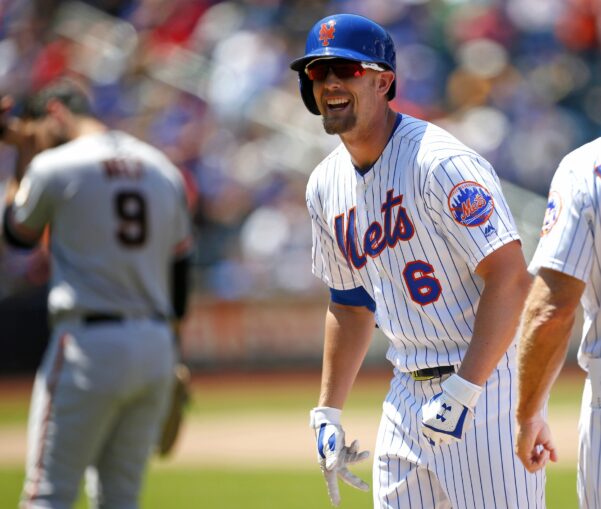
2) Runner on second base to begin extra innings
Putting a runner on second to start extra-innings is just crazy, I call it Pinball Baseball.
Abner Doubleday is turning over in his grave with this one as I’m certain he never envisioned baseball would come down to this.
Now, again, I understand the thought process here of shortening games due to Covid, but mutating it like this is beyond the pale.
What will happen with a runner in scoring position and no outs is an increase in two areas.
The first is that many managers will choose to bunt the runner over to third to set up a potential sacrifice fly.
The second, is that the first batter may be intentionally walked to set-up a double play. Intriguing possibilities, little ball at its finest but potentially dull, repeatable baseball.
How many times will a manager bunt, a lost art to begin with, as the game wears on? How many times will the first batter be walked?
It makes for repetitive, uninteresting baseball at a time in the game where excitement should be at a maximum.
It has not sat well with the public as a poll conducted by SNY found that nearly 70% of respondents ‘hated’ the idea of a runner on second to start extras.
Putting a runner on second to begin the tenth is an out and out mutation, a bastardization of the game we all love.
It has been loudly dismissed by baseball aficionados and even has an amateurish feel to it. Many have written that a mutated baseball season is better than none at all, and that probably is true.
For 60 games (less actually as only a handful go into extra innings), we can hold our noses as we watch our favorite teams.
The DH at least does not fiddle with fundamental game play. Putting a runner on base to start an inning, does.
And for that, the architects of this abomination should be ashamed.


